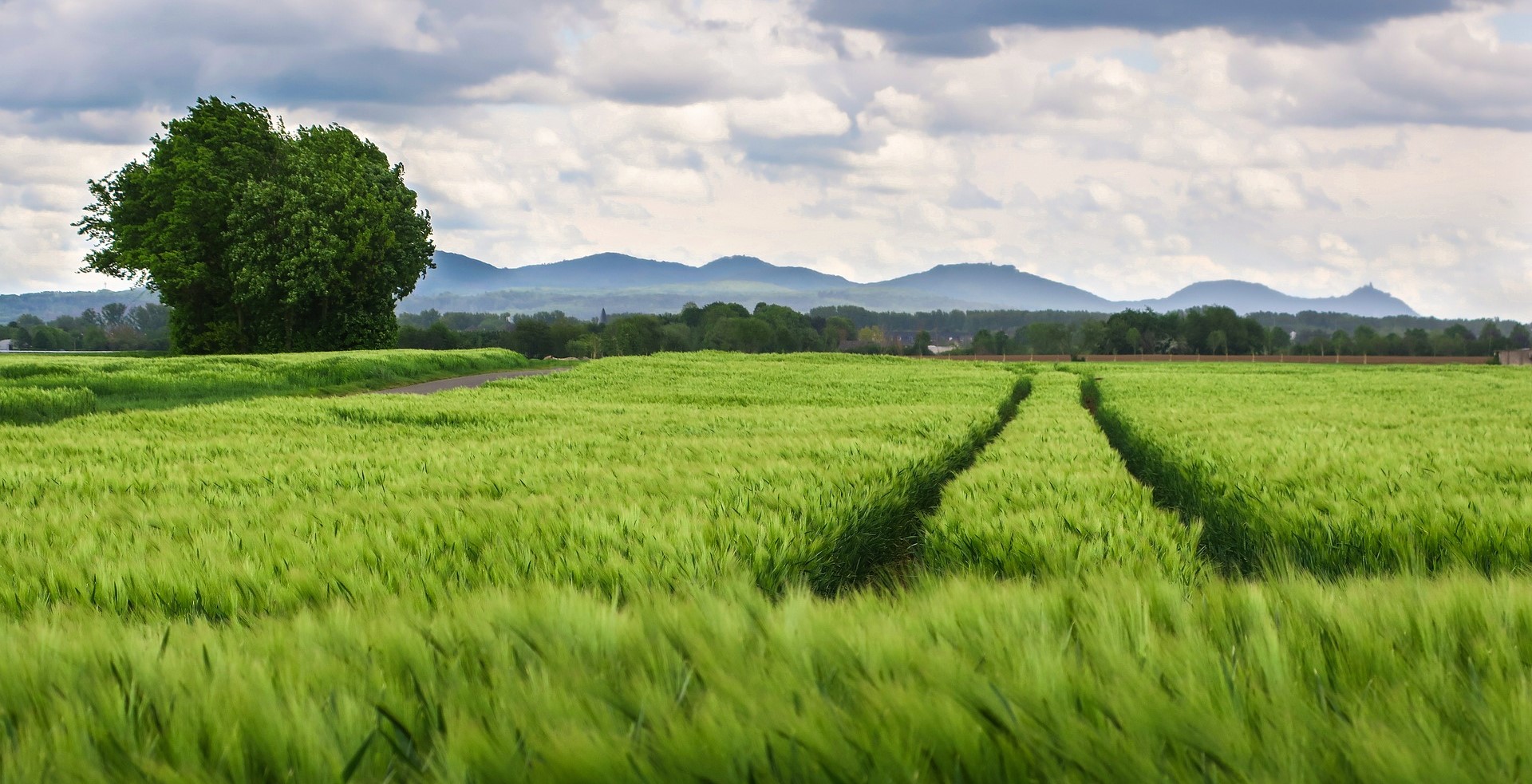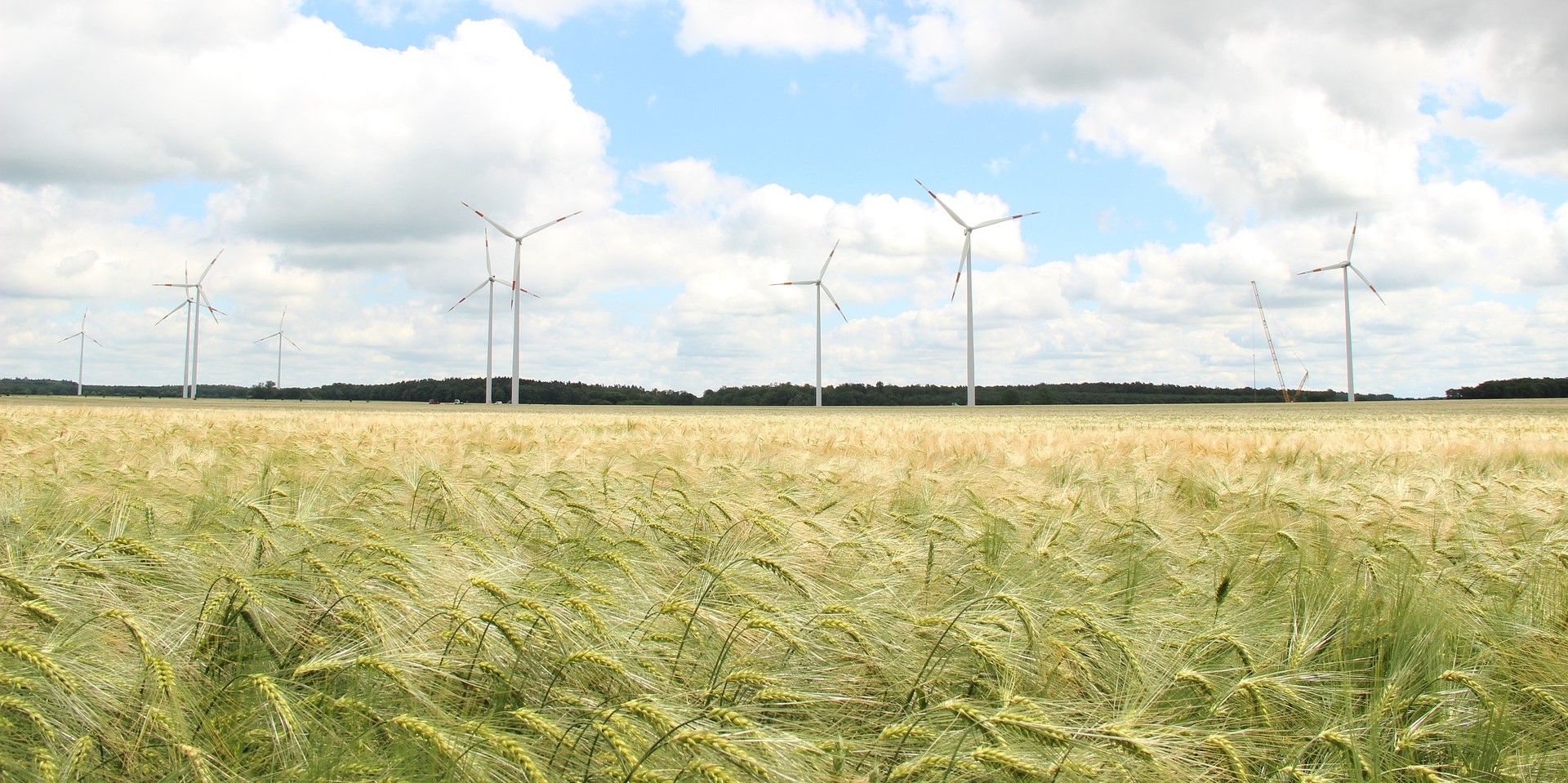Animal feed
6 Animal feed and feed additives
The EU legislation on organic agriculture regulates animal feeding in organic animal husbandry and the production of organic feed in detail. Articles 8 and 24) 1) d) of Regulation (EU) 2018/848 describe the principles of processing organic feed, Annex III of Regulation 2021/1165 lists the substances that may be used as feed material (Part A) and feed additives (Part B). The listed products are checked for compliance with these requirements based on their composition.
The listed products must comply with the specific EU or national legislation for feed or feed additives. Distributors are responsible for the fulfillment and compliance with these legal regulations - especially correct labeling.
According to the requirements of EU legislation on organic agriculture, the animals on the organically managed farm must be fed with organic feed. As possible, the feed should come from own production in order to keep the farm cycle largely closed. Feeding in organic agriculture should meet the nutritional needs of the animals and is intended for quality production rather than maximizing production. The feed should consist of organic products and natural, non-agricultural substances.
Conventional feed listed in Annex III of Regulation 2021/1165 may only be used if the farmer is unable to supply himself with feed from exclusively organic production. The farm should agree with the control body how evidence should be provided and how use of conventional feed should be recorded.
The EU legislation for organic agriculture in its current version only provides a few exceptions for the use of (small) proportions of conventional components of agricultural origin. Only conventional spices, herbs and molasses may be used in the production of feed while they do not exceed one percent of a species' total annual feed ration. For piglets up to 35 kg and young poultry, a temporary exemption for conventional protein feed up to a maximum of five percent of the annual ration (based on the dry matter of feed of agricultural origin) applies currently until December 31, 2025, if corresponding protein components are not available in organic quality. As from 2022, only feed that uses organic molasses will be listed, as this is available in sufficient quantities. Trace element boluses with inert iron for organic roughage eaters are excluded from listing. Except boluses for reducing milk fever. This is a stricter interpretation than the EU organic regulation provides.
Compound, mineral, complementary and single feed
These categories include feed that can be used for feed supplementation. This feed may contain conventional components permitted under EU legislation for organic agriculture. On commercial products certified for organic agriculture, the percentage of conventional ingredients is indicated on the containers or accompanying documents. This must be observed when planning rations as well as the feeding instructions of manufacturer or distributor.
Manufacturers or distributors of mineral feed mentioned in the Input list also guarantee that their products listed are from production sites where no antibiotic performance enhancers, coccidiostats or histomonias are processed.
Feed materials, yeasts and feed additives
Minerals and trace elements may also be used in feeding to cover the nutritional requirements of the animals. However, these must be mentioned in Annex III of Regulation 2021/1165.
Only products listed in Annex III (Part B) of Regulation 2021/1165 may be used as feed additives, such as binders and anti-caking agents. It must also be ensured that the products are used for such purpose specified in the categories mentioned there.
Silage additives are also named in Annex III (Part B) and may only be used if adequate fermentation is not possible due to weather conditions.



